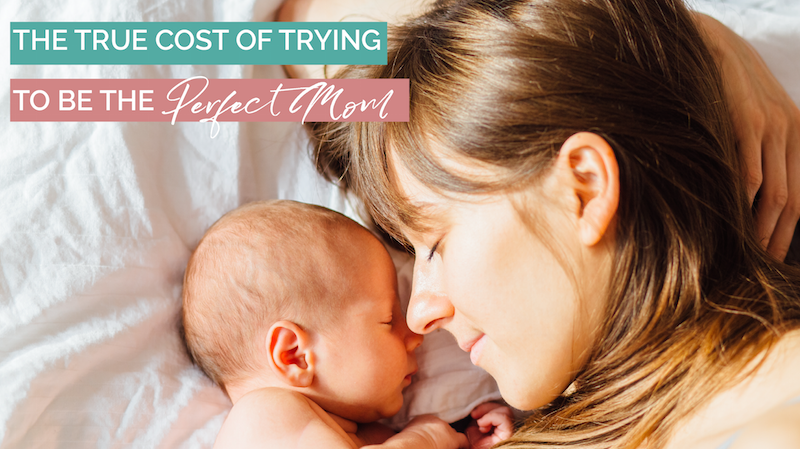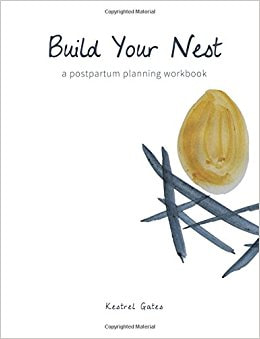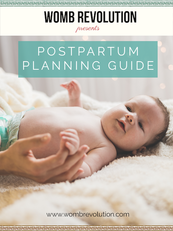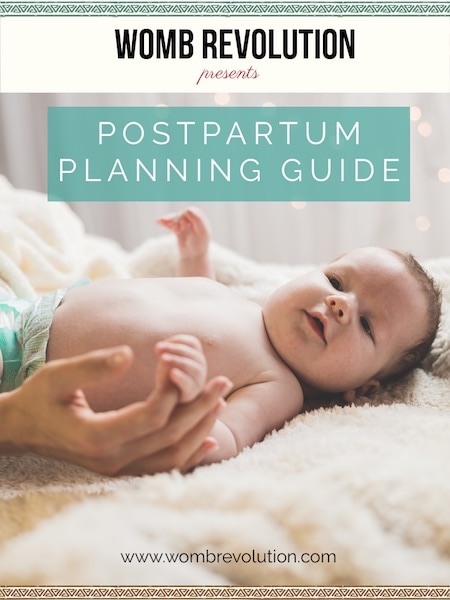|
“Realize that some moms won’t ask for help because they don’t want to seem less than the supermom they hope to be.”
-Dr. Sears |
Why didn’t I know these things?
We just don’t know what we don’t know.
HOW HARD CAN IT REALLY BE?
When I talk to pregnant people about postpartum and they look at me with disbelief at the thought of asking friends and family for help, I totally get it.
I was there too. It wasn’t until AFTER the birth of my first baby that I picked up a book about postpartum and I found myself thinking, “Darn, I should have read this BEFORE the baby was born.” Well, too late. I wasn’t prepared at all.
You might be wondering, what kind of preparation do people actually need? Does this really apply to me? A pregnant woman asked me recently: “Will I really not be able to get up from bed and make myself a sandwich? Is it really that bad?”
Honestly, if you don’t have any major complications during birth the answer is: most likely, yes. You will probably be able to physically get up from bed and make yourself a sandwich. You might even be able to make yourself a fancy sandwich or a more complex meal. I have seen people do very difficult things in the first few weeks after birth. But the real question here is… At what cost? And why?
Let me tell you a story that makes sense to me. Last year, after my second baby was born, we had an old car. Yes, it was old, but it was an alright car. It had some problems, but it never left us stranded. However, when my baby was just a few months old and I was trying to get back into doula life, it started giving some signals. The oil light came up. It started making noises. My husband wanted to take it to the shop but I was so busy. “Tomorrow”, I would say, and I would just keep pushing it because, why not? It still worked and I had so many errands to run, consultations to attend, things to do. Until one day, while I was getting off the freeway, the car started to slow down and it stopped. It never turned on again. After making a few phone calls and canceling the appointment I was trying to attend, I sat in the now dead car and started to cry. It was such a perfect metaphor for what I had been doing to myself: pushing myself harder and harder, ignoring the red flags, and was feeling burned out and completely overwhelmed.
Well, that’s what happens a lot during postpartum and that's one of the big reasons why postpartum mood disorders are so common in the Western world. People often try to speed up the recovery by pushing themselves. Sometimes they really have no choice because they lack support. Sometimes they are too afraid to ask for support. On the outside, it might seem like they are doing fine. You might be able to put makeup on and take your brand new human out into the world. But, is it worth it? Is it worth it to spend the time your baby sleeping making yourself a sandwich instead of making up for the sleep you lost last night? I know that for some people that’s the only choice, but it’s worth spending some time BEFORE the birth thinking about who you can ask for help and developing the humbleness to accept the help that is offered.
PLANNING FOR A BETTER POSTPARTUM
Birth is unpredictable and although we encourage people to make birth plans, there is just too much that it’s out of our control. And although postpartum also holds many unpredictable challenges, there is a lot that you can control. When people say, “Let me know if you need anything,” you can choose to say yes. Write down their names and their numbers. Reach out.
Because someone bringing you a casserole can make the difference between you being able to take a nap with your baby or you having to get up and make yourself that sandwich. Or eating a granola bar. Or not eating anything at all.
Someone taking your toddler for a play date can make the difference between recovering from mastitis with rest or having to go on antibiotics (happened to me!)
Someone taking the garbage out when they come visit can make the difference between you sleeping well or tossing and turning thinking about all the housework that is getting accumulated.
Having a trusted friend you can call and vent can make the difference between emptying your emotional backpack or letting it all build up, eventually turning into a postpartum mood disorder.
|
If you would like some guidance to prepare for postpartum, check out my postpartum planning guide. You can download it for free. If you're particularly at risk of postpartum mood disorders, maybe you need some more comprehensive planning. I highly recommend the workbook Build Your Nest. Also, hiring a postpartum doula that can help you get through those first few weeks (or months!) can me a huge difference.
Postpartum doesn't have to be a synonym of hardship. It can be a really beautiful time of integration, recovery and bonding (but mixed emotions are also fine and normal). Reach out. Ask for help. You don't have to do everything and you don't have to do it alone.
|
By downloading the Postpartum Planning Guide you agree to subscribe to our mailing list. You can unsubscribe at any time.
|




